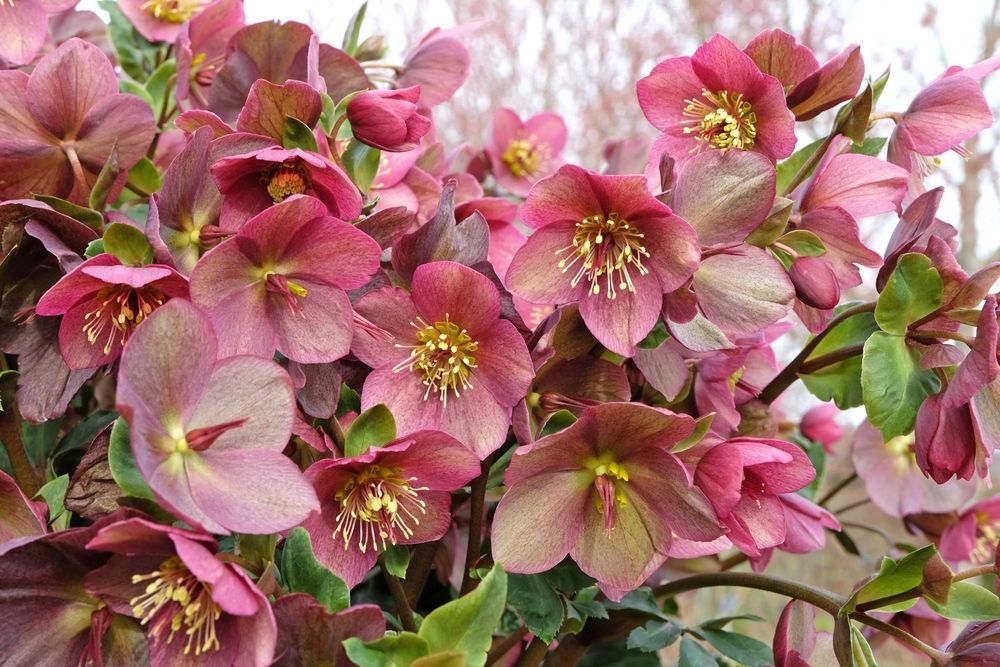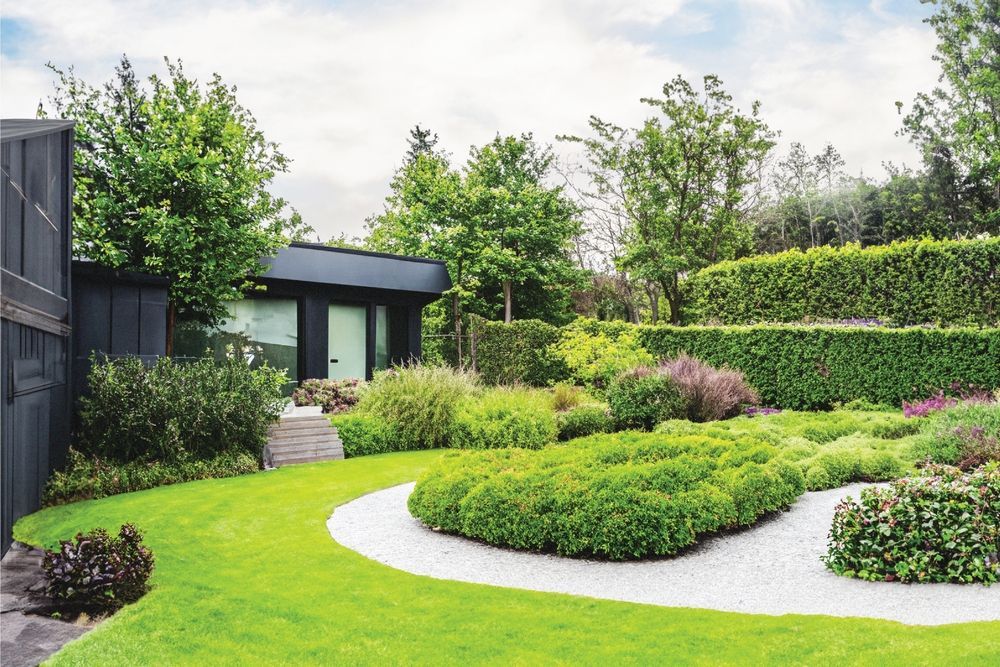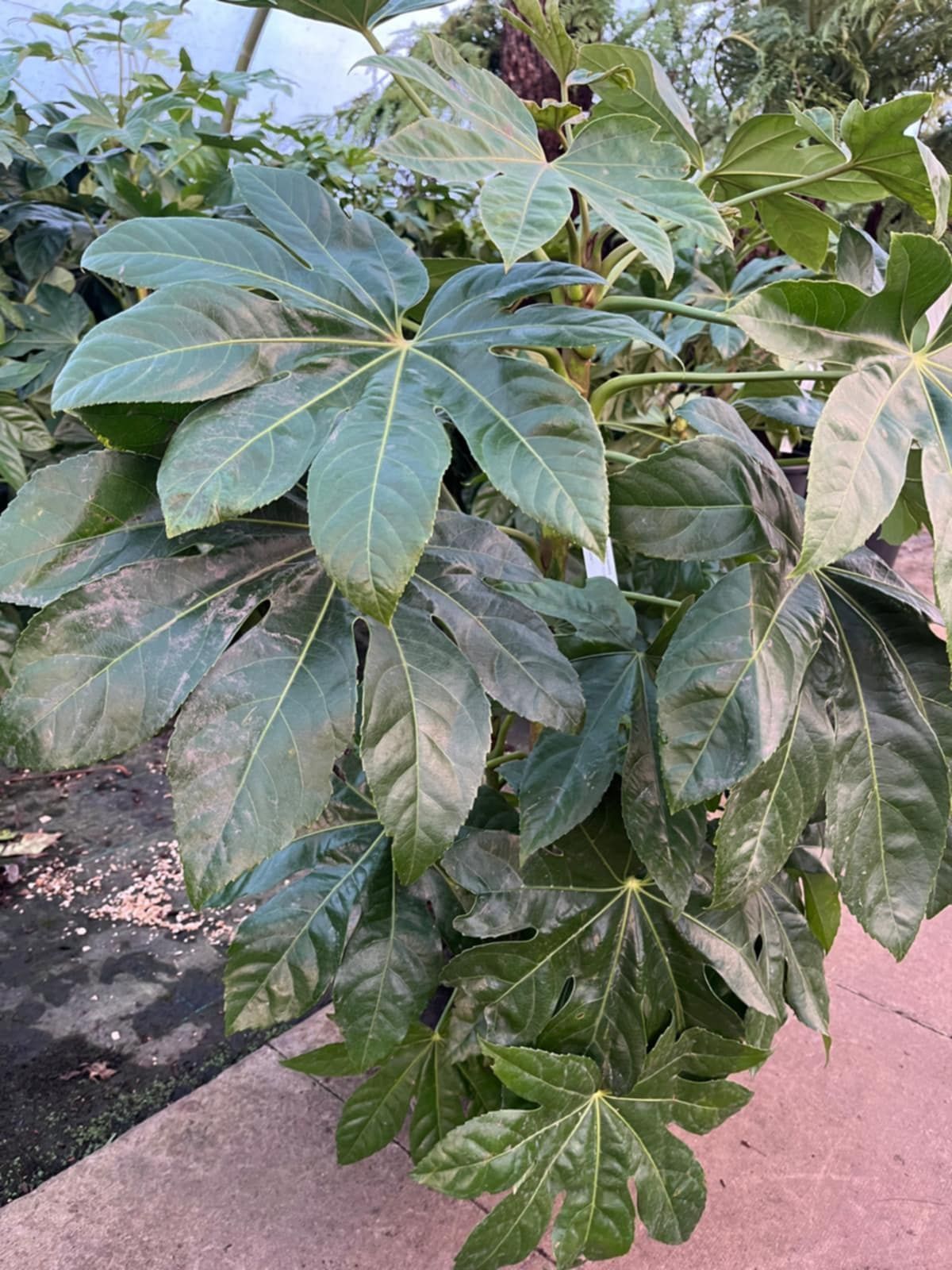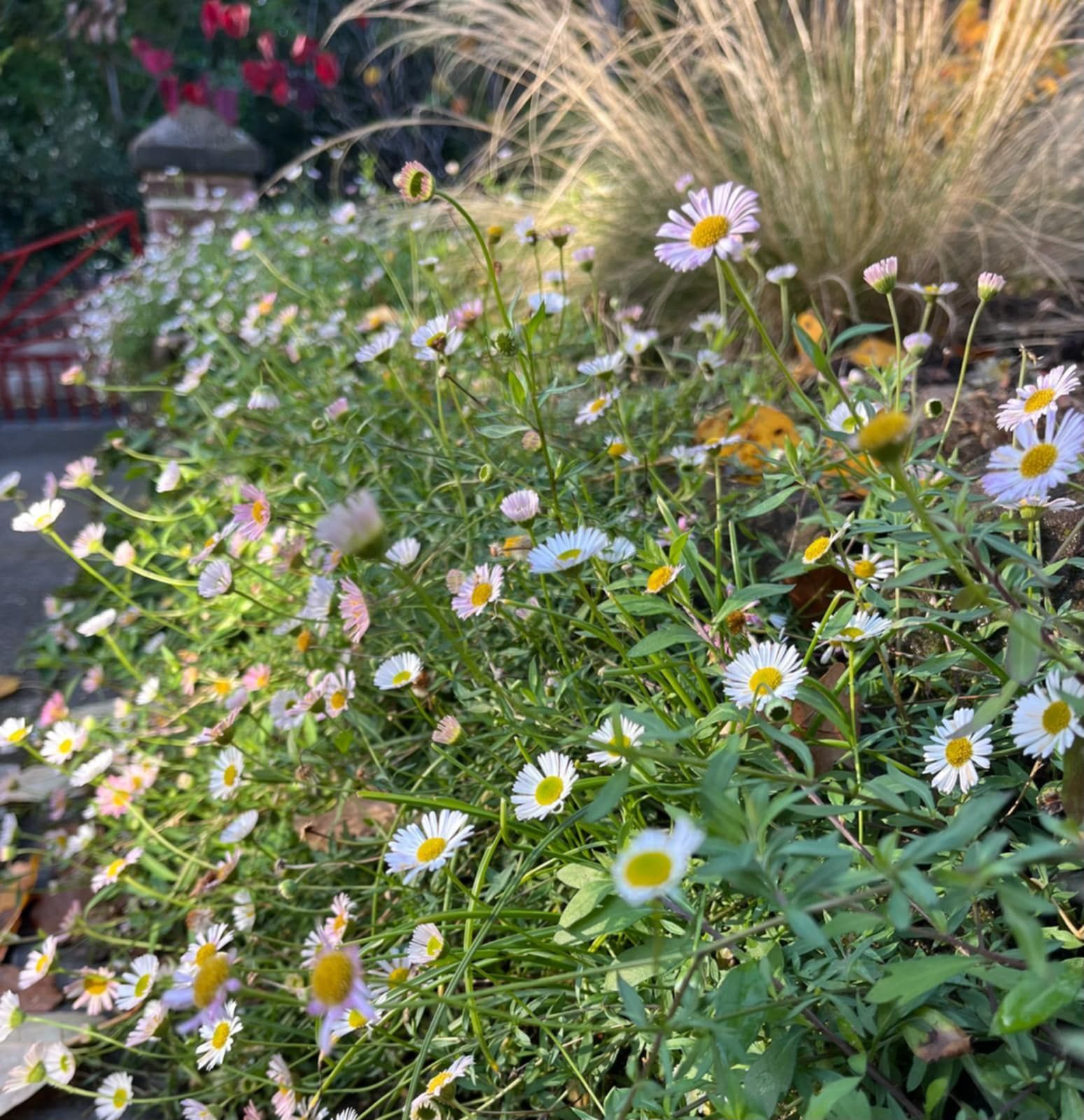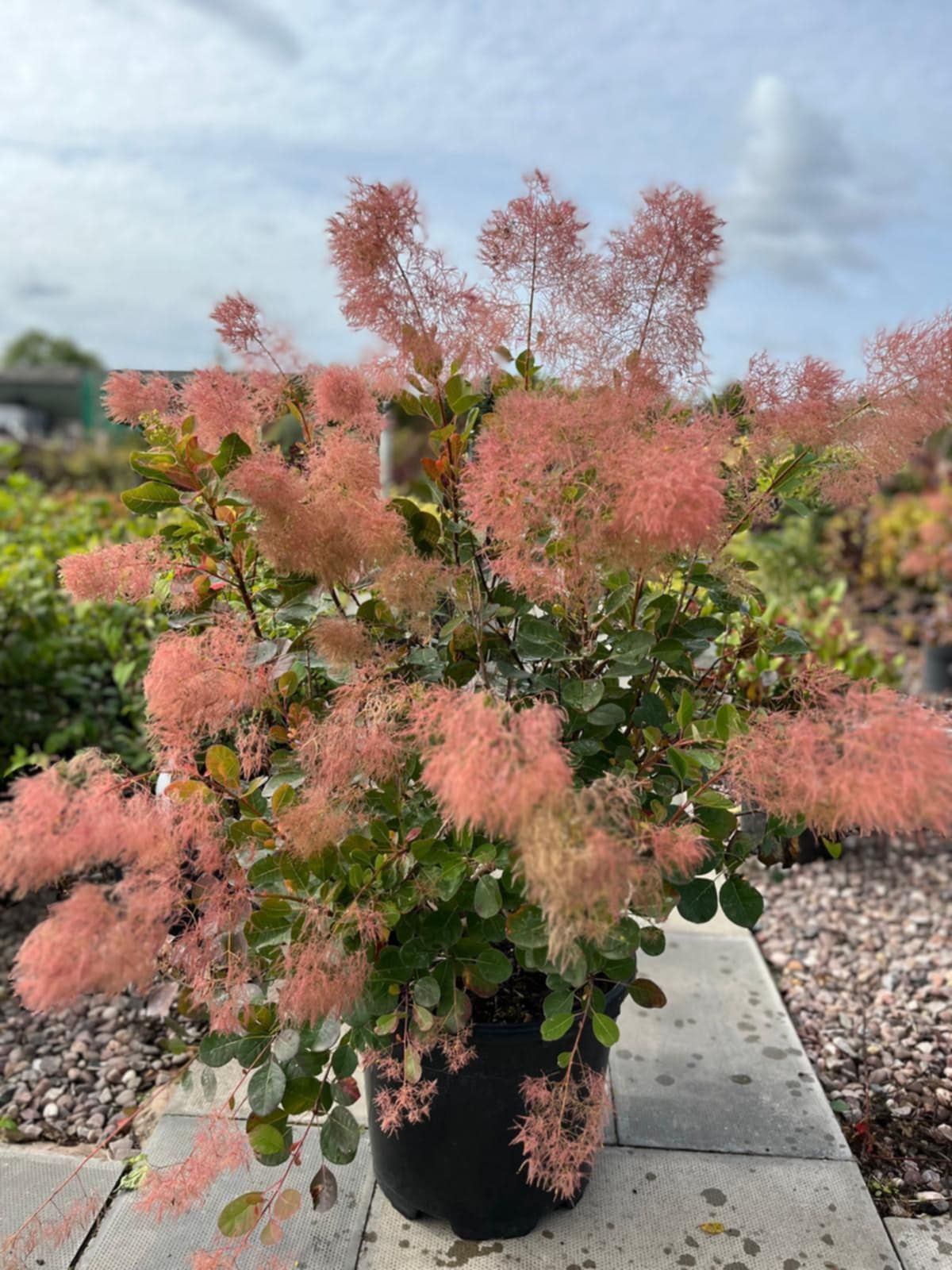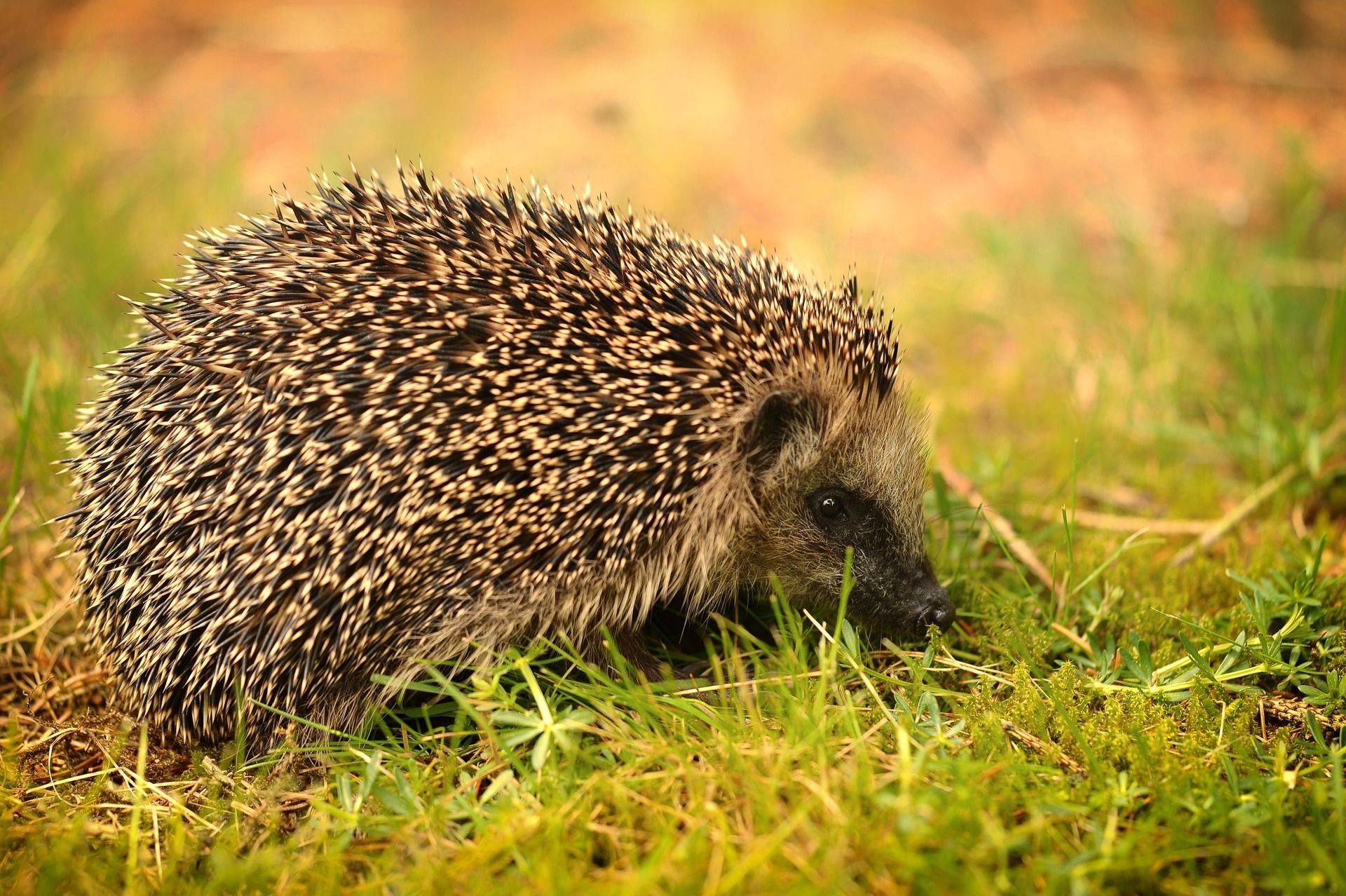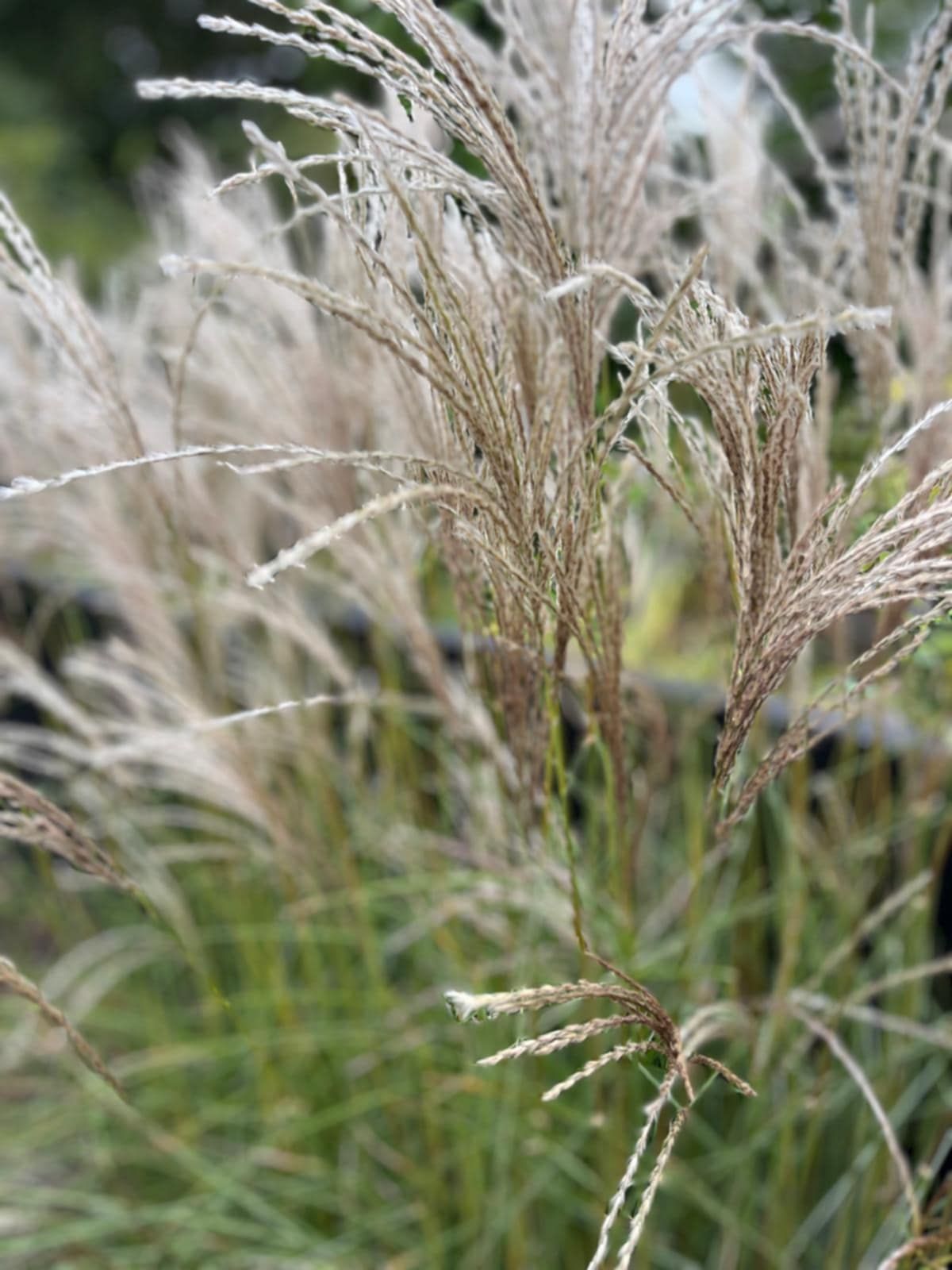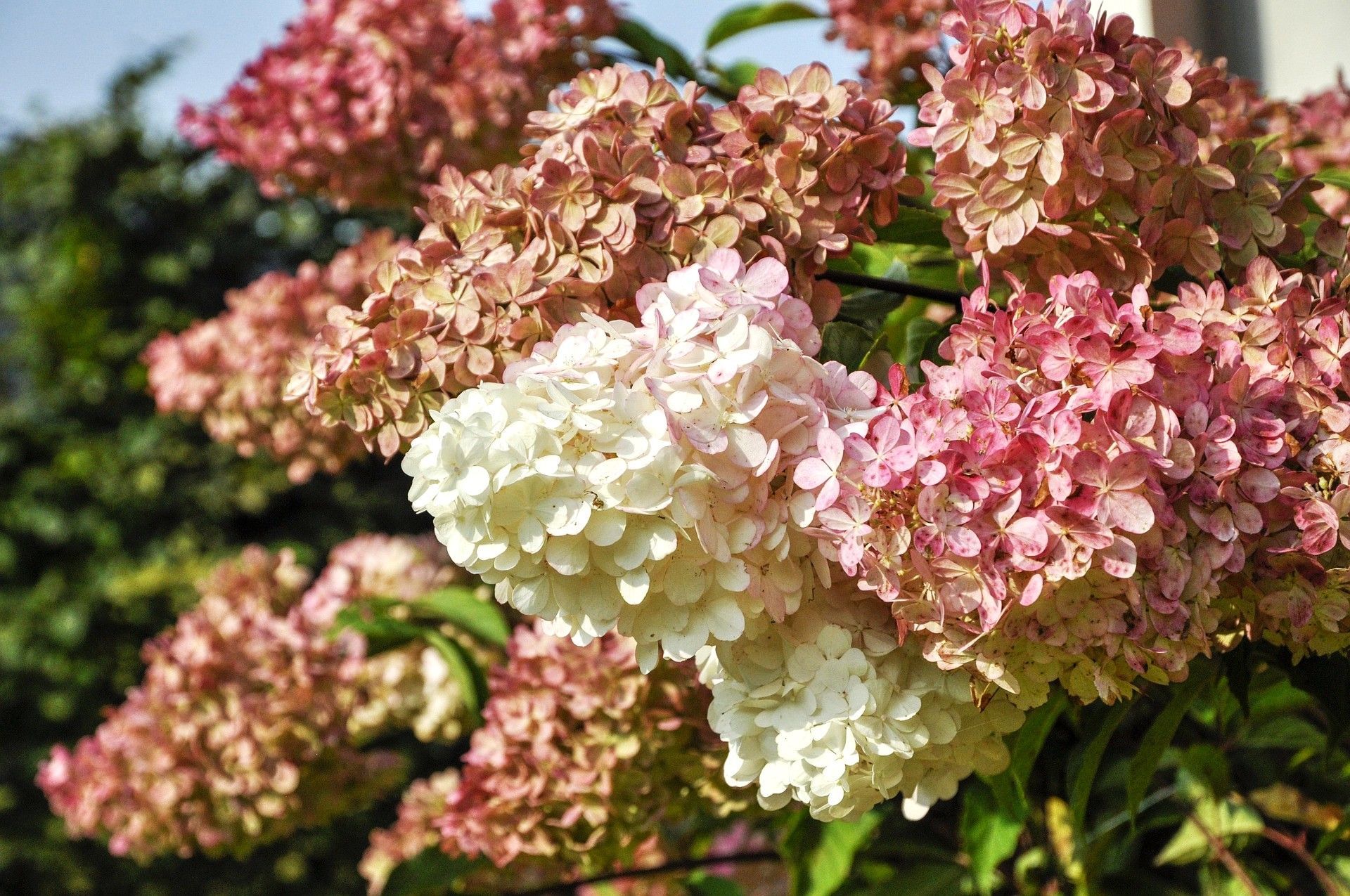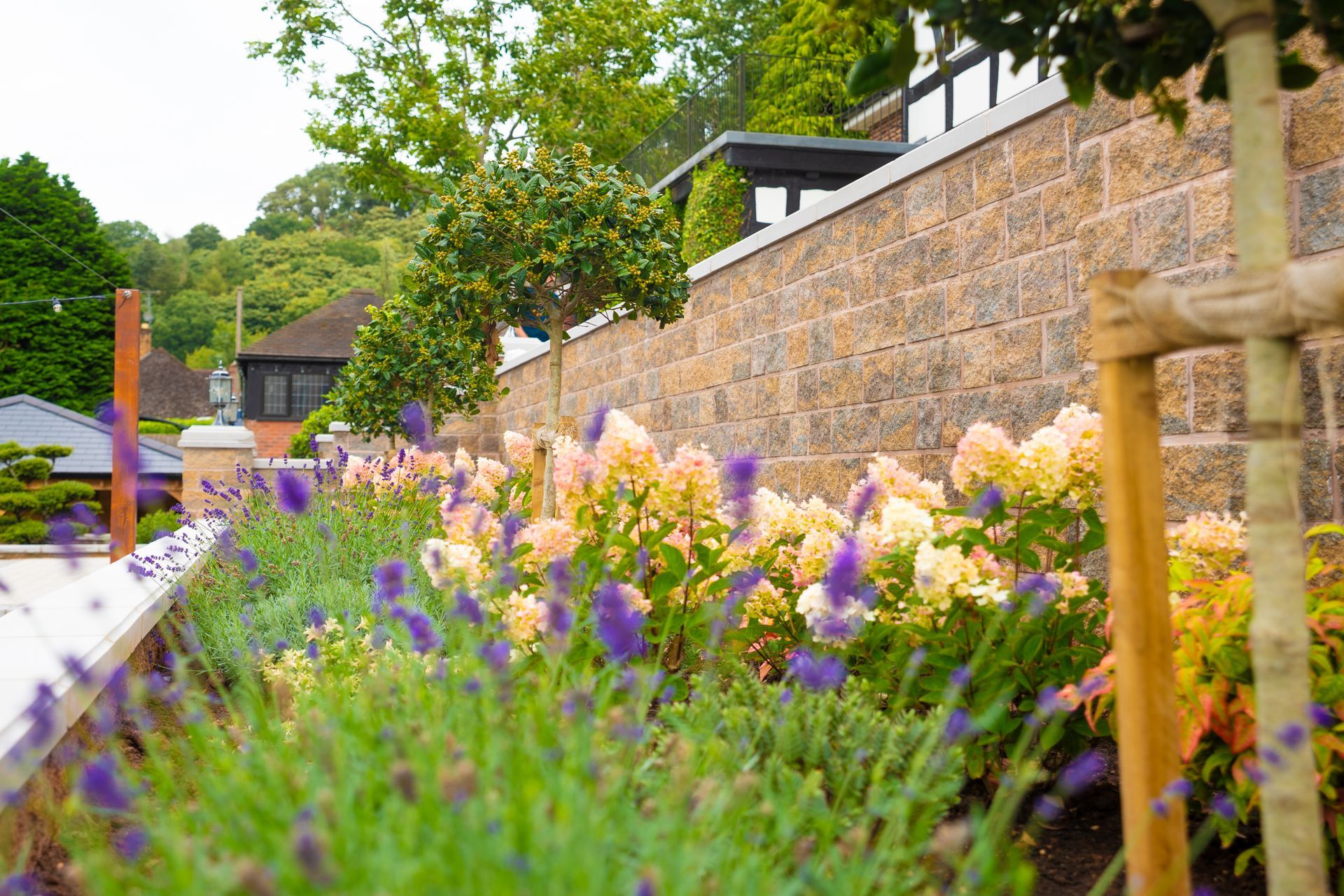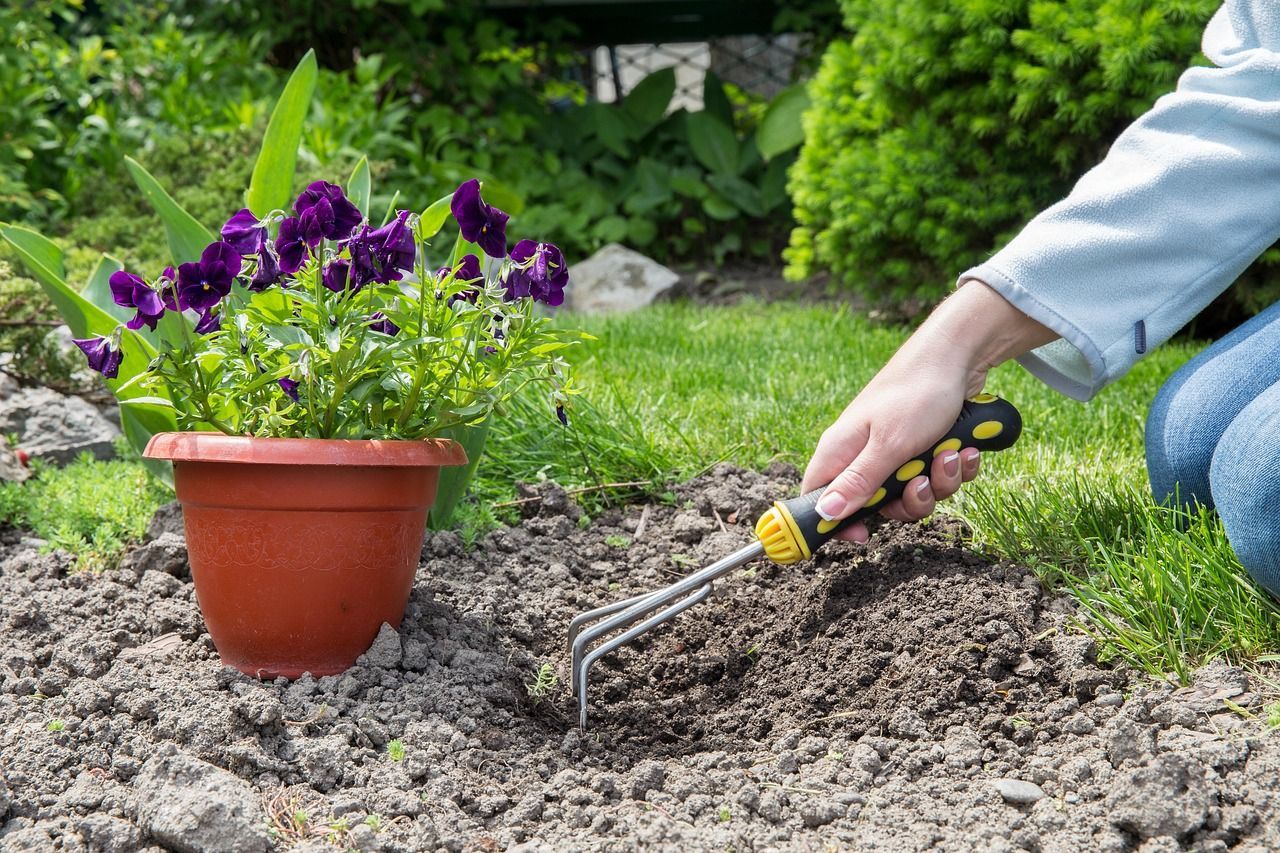5 Tips For A North-Facing Garden
5 tips for a north-facing garden

When we visit new customers to discuss designing their dream gardens, one of the first things we need to consider is what direction the garden faces, as the orientation of a garden significantly influences its design and plant selection.
Sunlight varies greatly between north, south, east and west-facing gardens, affecting temperature, light intensity and moisture levels. That’s why, when designing a garden, Andi & Gaynor Way will consider the garden direction, in order to select plants that can thrive in the available conditions.
Understanding the garden's orientation also guides the strategic placement of elements like seating areas and water features, optimising comfort and aesthetic appeal throughout the seasons.
Many home-owners desire a south-facing garden, especially if they enjoy basking in the sun themselves. But what if your house has a north-facing space? What options do you have then…
Whilst creating a beautiful and thriving garden in a north-facing space might seem challenging due to the limited sunlight, it’s still possible to create a beautiful outdoor retreat.
Andi & Gaynor Way, with their years of garden design and horticultural experience can implement the right plant choices and garden design strategies to transform a north-facing garden into an outdoor retreat full of lush textures, cool greens and delightful patches of colour.
In this blog, we'll talk about some of the best plants to thrive in a north-facing garden, and give you a few tips to make the most of your shaded sanctuary.
1. Choose shade-loving plants
The key to a successful north-facing garden lies in selecting plants that flourish in lower light conditions. Shade-loving perennials like hostas, with their wide variety of sizes and leaf colours can form a lush base, whilst ferns can add texture and greenery in cooler, shadier areas.
For ground cover, consider planting Vinca or Lamium, both of which offer attractive foliage and still flower, even with minimal sunlight. G
Grasses like Hakonechloa (Japanese forest grass) which has a beautiful cascading habit and looks stunning planted aro
und the edge of a shady border.
2. Add some colour
Just because gardens are more shaded, it doesn’t mean they can’t still be colourful. Bleeding hearts (Dicentra) produce beautiful pink and white heart-shaped flowers that light up the shade. Astilbe, with its feathery plumes of flowers in shades of pink, red, white also prefers the cooler conditions of a north-facing garden. For a splash of early colour, consider planting Hellebores, also known as Christmas or Lenten roses, which bloom in late winter or early spring.
3. Layer your planting
To create depth and interest, layer your planting by height, texture and colour. Start with taller plants like Hydrangeas or the dramatic Fatsia japonica at the back.
Middle layers can include the lush foliage of ferns, hostas, with mound forming grasses at the front, giving a pleasing effect.
4. Incorporate Structural Elements
Incorporating structural elements such as trellises, arbors and or decorative stones can add interest and height to a north-facing garden.
Climbing plants like Hydrangea petiolaris (climbing hydrangea) can adorn such structures, providing lush foliage and beautiful blooms.
5. Create a garden that works for you
Once you understand how the direction of the garden affects the space within it, you can work with that knowledge to make the best use of what’s available. Knowing the layout of the garden and how the owner intends to use the space helps garden designers like Andi Way to ensure key elements, such as seating or play areas are placed in the most ideal positions.
If you’ve got a north-facing garden, why not contact us for more garden ideas.


